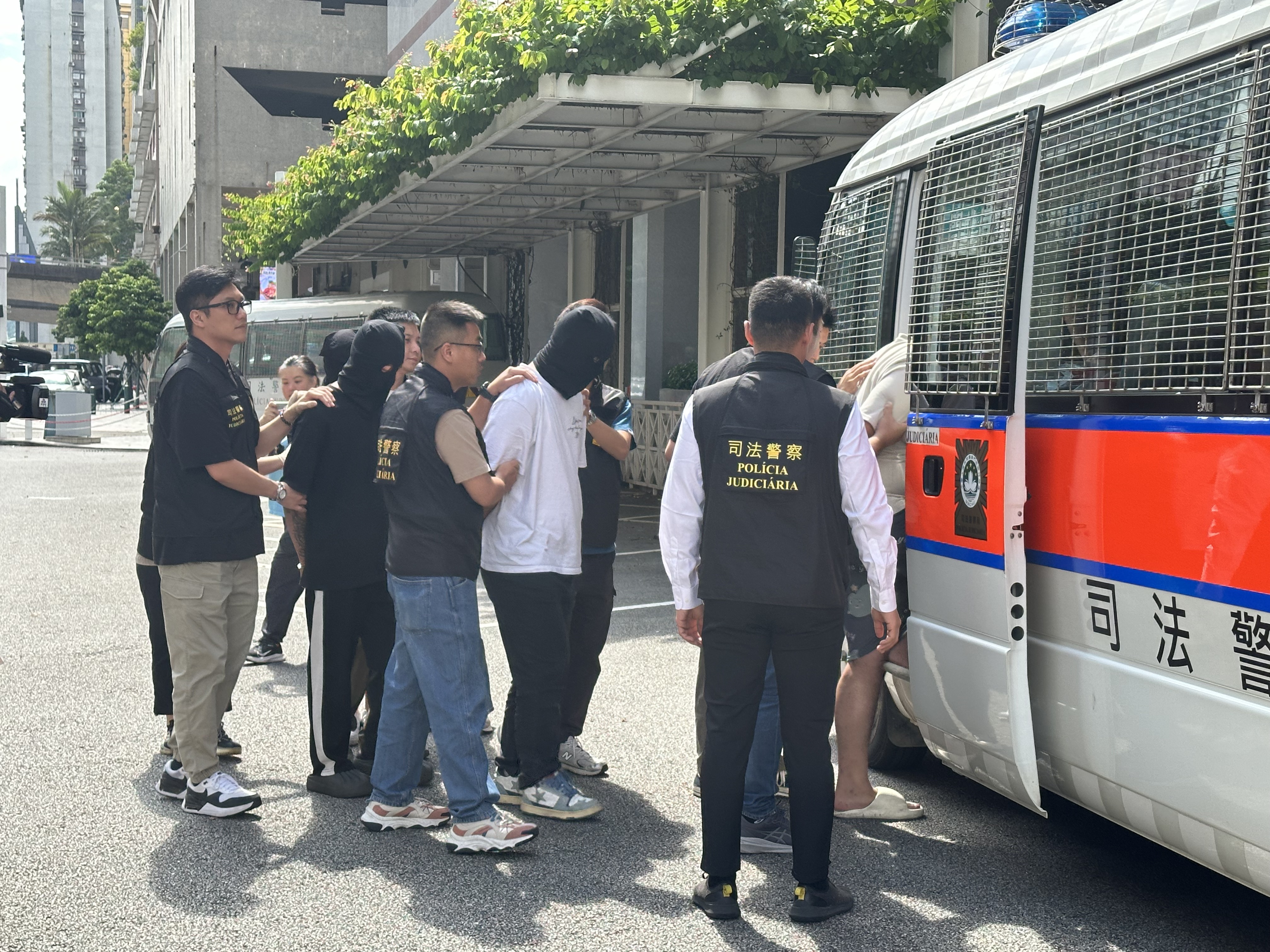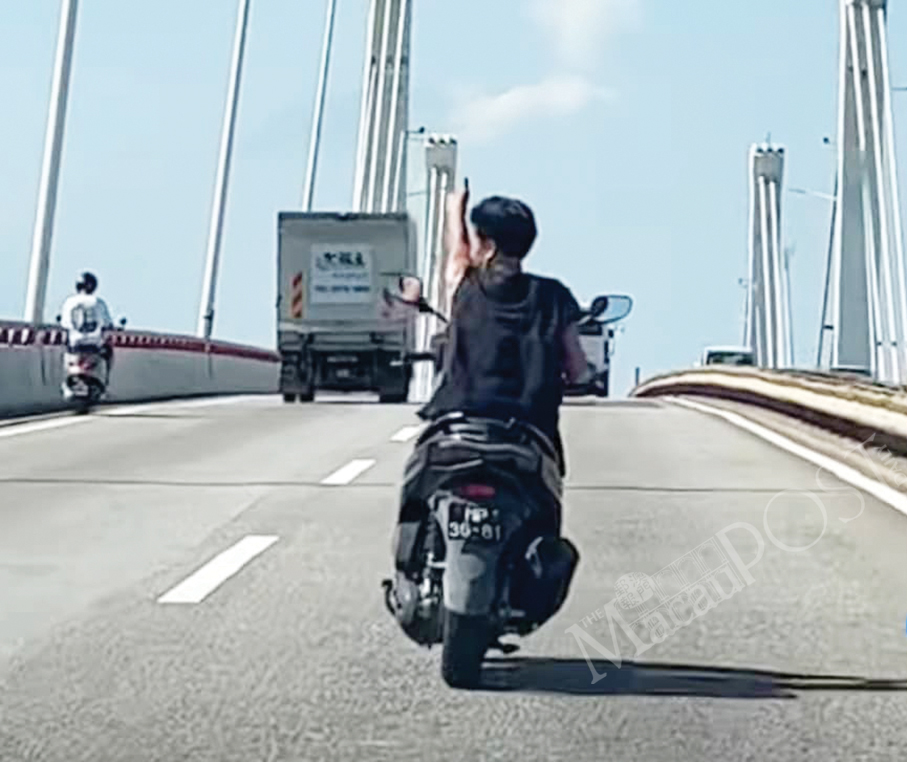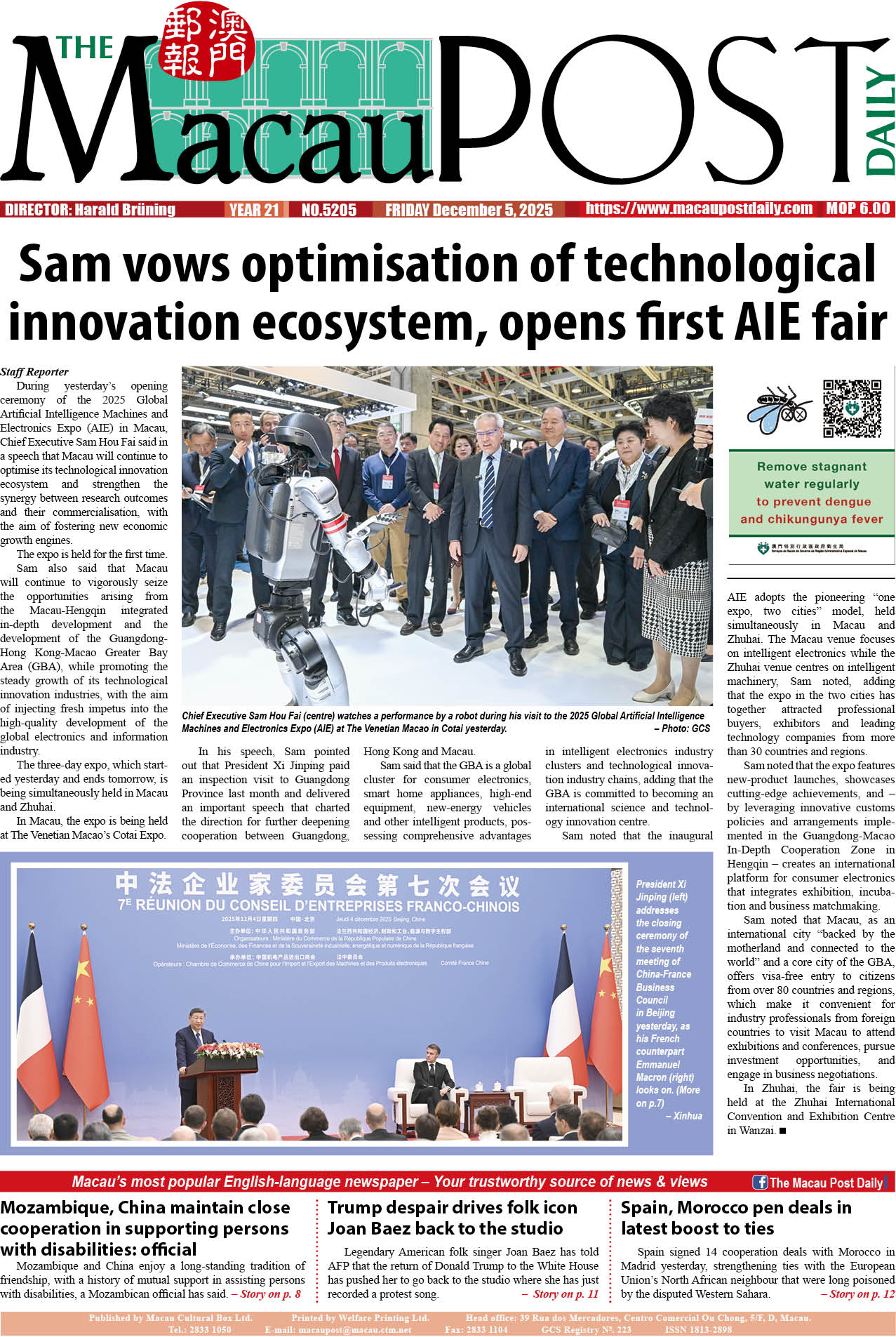In a statement, a spokesperson said that it had been an "inevitable choice to make" and that the central government is responsible for the "comprehensive and accurate" implementation of "One Country ,Two Systems" and the Basic Law in Hong Kong.
The spokesperson added that Hong Kong was meant to implement Article 23 legislation under the Basic Law, but 23 years after the city's return to the motherland, this has not happened and the issue has been "seriously stigmatised and demonised".
The HKMAO insisted in the statement that the proposed legislation will not affect freedom of assembly, freedom of speech or freedom of the press in Hong Kong.
According to Hong Kong media reports yesterday, the National People's Congress is slated to pass the Hong Kong national security bill next week.
"The situation faced by the Hong Kong Special Administrative Region in maintaining national security has become increasingly severe in recent years," the statement said, citing the ongoing protests, calls for independence, and "foreign and Taiwan independence forces nakedly interfering in Hong Kong affairs".
It said these external forces had been adopting "shocking and even violent crimes of a terrorist nature".
The Central People's Government Liaison Office in Hong Kong issued a similar statement , saying this was "a necessary move to plug the loopholes in Hong Kong's national security laws", and a fundamental solution to ensure the stability of "One Country, Two Systems".
"Only with a solid national security foundation and a stable overall social situation can we solve the deep-seated contradictions such as the economy and people's livelihoods, give full play to the system advantages of 'One Country, Two Systems', and win more room for development for Hong Kong," the statement said.
Macau's legislature passed a government-initiated bill on Article 23 of the Macau Basic Law in 2009.








